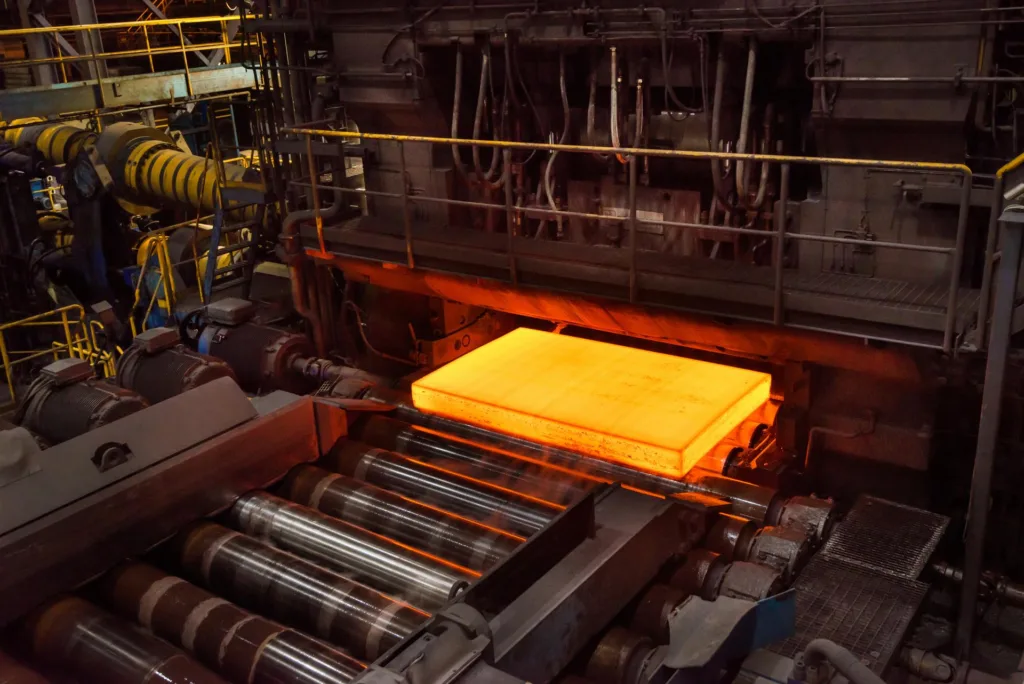Scania and SSAB have formalized their commitment to eliminate carbon emissions from all steel deliveries to Scania’s heavy-duty vehicles by 2030 through a recently signed letter of intent. The delivery of SSAB’s Fossil-free™ steel is set to commence in smaller quantities from 2026, playing a pivotal role in the transition toward a sustainable transportation system.
Scania has unveiled an industry-leading strategy to achieve substantial carbon emission reductions in four major “hotspots” by 2030, encompassing approximately 80 per cent of the supply chain emissions: batteries, steel, aluminium, and cast iron.
SSAB is poised to bring its Fossil-free™ steel to the market at a commercial scale by 2026, with the objective of making its operations predominantly fossil-free around 2030. The manufacturing process of SSAB Fossil-free™ steel utilizes HYBRIT technology, replacing the conventional coking coal in iron ore-based steelmaking with fossil-free electricity and hydrogen. This innovative approach results in water production instead of carbon dioxide as a by-product.
It’s noteworthy that initially, the supply chain decarbonization strategy and targets are focused on Scania’s production in Europe, with gradual extensions planned for its production facilities in China and Latin America.
“I’m glad and proud that we have reached this agreement. Scania’s purpose is to drive the shift towards a sustainable transport system. To fulfil that purpose, we take action across the value chain together with partners as SSAB, who is at the forefront in the transition to a sustainable steel industry,” says Christian Levin, CEO at Scania.
“We are truly looking forward to ramping up the deliveries of our fossil-free steel, thereby contributing to more sustainable value chains. Fossil-free steel will be a game-changer in heavy transport. It has the same high quality and technical properties as traditional steel. And, while being produced in a sustainable way, it can also be recycled just like steel has always been,” says Martin Lindqvist, CEO at SSAB.
